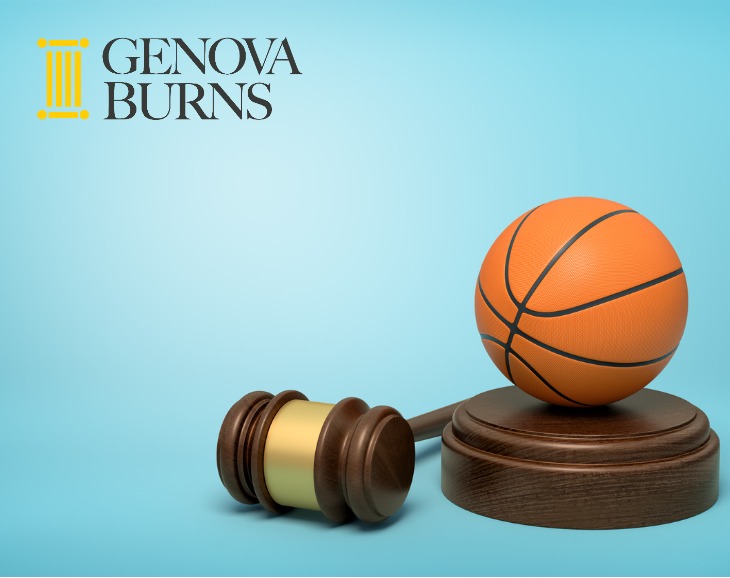The Supreme Court Says, “The NCAA is not above the law.” Will College Athletes Get Paid To Play?
June 29, 2021 | By: Lawrence Bluestone, Esq., Michael Korytny, J.D. Candidate 2022
In a long awaited decision, the U.S. Supreme Court ruled unanimously this week in National Collegiate Athletic Association v. Alston et al., that the NCAA violated the antitrust laws in limiting the education-related benefits colleges and universities can offer student athletes. The case involved a broader challenge by current and former NCAA Division I student athletes, to rules on student-athlete pay imposed by the NCAA.
The Supreme Court’s decision is limited to education-related benefits, but both the decision itself and a separate concurring opinion by Justice Kavanaugh made clear that the NCAA is subject to the antitrust laws just like any other business or enterprise. Although the decision does not address prohibitions on college athlete pay, it presages further litigation about other rules and restrictions by the NCAA and other conferences. Justice Kavanaugh suggested to avoid further litigation, it would best for Congress to pass Legislation or to start collective bargaining process. For now, the NCAA will be meeting to possibly discuss deregulation as well how to incorporate name, image and likeness (NIL) benefits for student athletes. Meanwhile, NCAA member institutions should start planning for the future impact of this decision and its impact on student athletes.
For more information on the NCAA decision or antitrust issues, please contact Jennifer Borek, Esq., Partner in the Complex Commercial Litigation Practice Group via email here, or Lawrence Bluestone, Esq., Counsel in the Complex Commercial Litigation Practice Group, via email here, or 973.535.4434.
Tags: Genova Burns LLC • Lawrence Bluestone • Michael Korytny • NCAA • Complex Commercial Litigation • Supreme Court • Jennifer Borek


